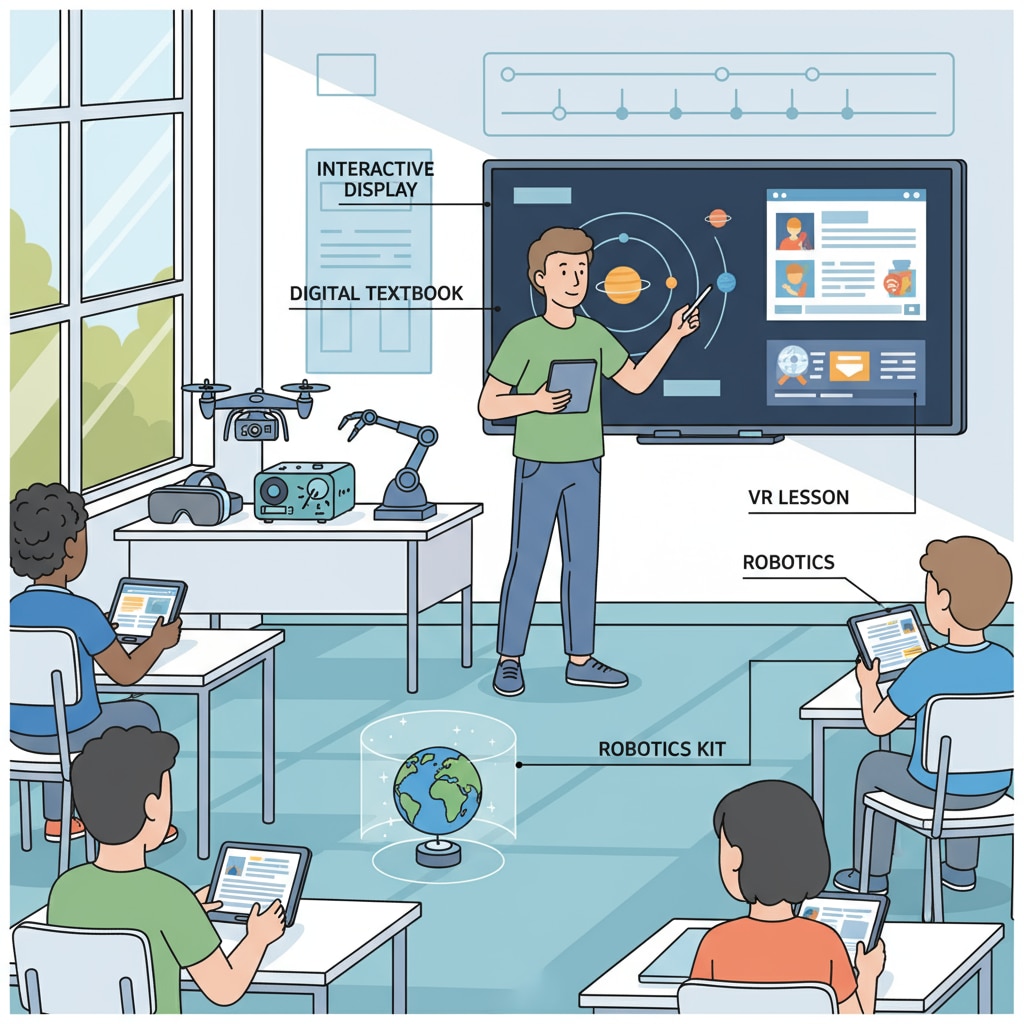Educational professionals often assume that teaching is the only career path in the education industry. However, the K12 education ecosystem offers a plethora of non-teaching positions that can lead to fulfilling and successful career development. In this article, we will explore these hidden opportunities.

Administrative Roles: The Backbone of K12 Education
Administrative positions in K12 education play a crucial role. School administrators, for example, are responsible for managing the daily operations of a school. They handle tasks such as budgeting, scheduling, and staff management. According to Britannica, school administrators ensure the smooth running of educational institutions, creating an environment conducive to learning. This role requires strong organizational and leadership skills, which many educational professionals may already possess. In addition, educational coordinators are another important part of the administrative team. They work on curriculum implementation and coordinate between different departments. This helps in maintaining the quality of education provided. For instance, they may collaborate with teachers to ensure new teaching materials are properly integrated into the curriculum.
Educational Technology Specialists: Bridging Tech and Education
In today’s digital age, educational technology specialists are in high demand. These professionals combine their knowledge of education with technical skills. They are responsible for implementing and managing educational technology in schools. As per Wikipedia, they introduce tools like online learning platforms, interactive whiteboards, and educational apps. For example, they might train teachers on how to use these technologies effectively in the classroom. This not only enhances the learning experience but also keeps the education system up-to-date with the latest technological advancements. Educational technology specialists also analyze data from these tools to improve teaching and learning strategies.

Marketing and communications roles in K12 education are vital for promoting schools and educational programs. Marketing managers develop strategies to attract students and parents. They use various channels such as social media, print media, and events to showcase the school’s unique selling points. For example, they might highlight the school’s extracurricular activities or innovative teaching methods. In addition, communications officers handle internal and external communication. They keep parents informed about school events, policies, and student progress. This helps in building a strong relationship between the school and the community. These roles require good communication and marketing skills, which can be developed by educational professionals with an interest in this area.
In conclusion, educational professionals have numerous non-teaching career development opportunities within the K12 education landscape. Whether it’s in administration, educational technology, or marketing and communications, there are paths waiting to be explored. By leveraging their existing skills and interests, they can find fulfilling careers outside of traditional teaching roles.
Readability guidance: The article uses short paragraphs and lists to summarize key points. Each H2 section provides a list of related information. The proportion of passive voice and long sentences is controlled, and transition words are added throughout the text for better flow.


